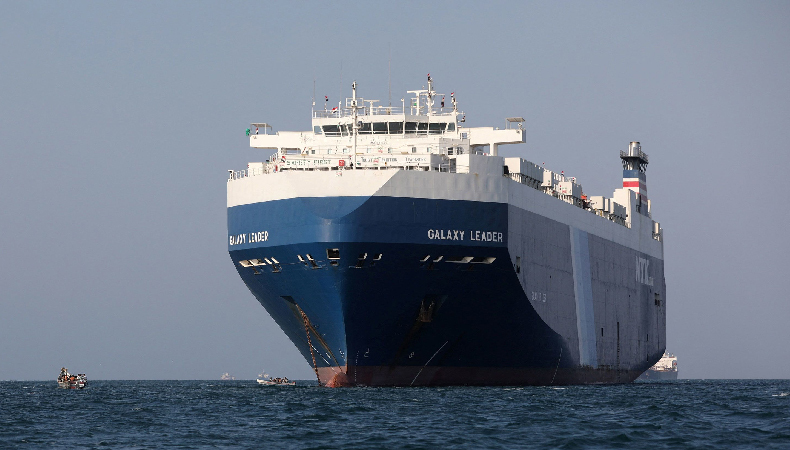Shipping Companies To Reroute Vessels To Avoid Red Sea Attacks

The attacks in the Red Sea region have global implications. Recently, there has been a surge in attacks by the Houthi rebels, an Iranian-backed group based in Yemen. These rebels have been targeting commercial shipping in the Red Sea, a critical global trade route.
The Houthis are known for their opposition to the Yemeni government and have been involved in a prolonged conflict in the region. Their recent focus on attacking vessels in the Red Sea is seen as an extension of this conflict. These attacks are particularly concerning because they threaten the safety of international shipping and have led to increased tensions in the area.
In response to these threats, the United States military has been actively engaged in defending against these attacks. Most notably, the USS Carney, an American destroyer, successfully shot down 14 drones launched by the Houthis.
Vessels Avoid Red Sea
These drones were assessed as one-way attack drones, posing a direct threat to ships in the area. The Royal Navy’s HMS Diamond also played a role in defending commercial shipping by shooting down a drone.
Due to these heightened risks, several major shipping companies, including Maersk and MSC, have decided to reroute their vessels to avoid the Suez Canal, which connects the Red Sea to the Mediterranean.
This decision is a direct response to the increased threat from Houthi attacks and aims to ensure the safety of the ships and their cargo. Rerouting around the Cape of Good Hope, although longer, is seen as a safer alternative for the time being.
The impact of these developments is significant, not just for the region but for global trade as well. The Red Sea is a vital route for East-West trade, especially for oil shipments.
Keep Reading
Algeria Not Satisfied with President Tebboune, No Real Opposition
Lebanon Urges World to Address Syrian Crisis, Displacement
Red Sea Disruptions to Supply Chain
The disruption caused by these attacks and the subsequent rerouting of ships is likely to have economic repercussions, including increased shipping costs and potential delays in the delivery of goods.
It’s crucial to understand that this situation is part of a larger geopolitical conflict involving Yemen, Israel, and their respective allies. The Houthi rebels have stated their intention to continue these attacks until certain political demands are met, including the lifting of the siege on Gaza.
The international community is closely monitoring these developments, and efforts are underway to find a diplomatic solution to reduce tensions and ensure the safety of maritime trade in the region.




